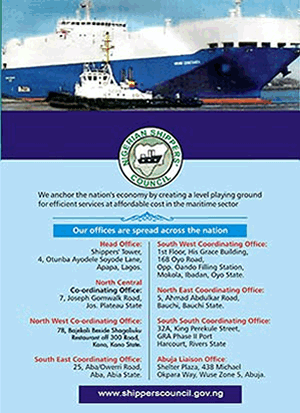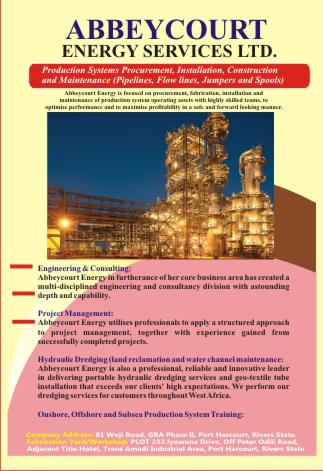

BY GODWIN OBI
Africa’s richest man, Aliko Dangote, has unveiled a bold plan to expand the Dangote Petroleum Refinery from its current capacity of 650,000 barrels per day (bpd) to a staggering 1.4 million bpd, positioning Nigeria as a global powerhouse in energy production.
Speaking during a media briefing in Lagos, Dangote said the $20 billion ultra-modern facility, already the world’s largest single-train refinery, will more than double its capacity within three years — a move he described as a “strategic leap toward Africa’s energy independence.”
“This expansion reflects our confidence in Nigeria’s future and Africa’s potential,” Dangote declared. “We are determined to shape our own energy destiny — to refine what we produce and power our continent with cleaner, world-class fuels.”
According to him, the expansion is driven by surging demand for cleaner fuels across Africa, rising regional trade opportunities, and favourable policy reforms under President Bola Ahmed Tinubu, whose administration has encouraged aggressive investment in domestic refining.
Dangote disclosed that the massive upgrade, to be completed within three years, will be funded through cash flow, public listing, and strategic partnerships. Once operational, the expanded complex will surpass India’s Jamnagar Refinery — currently the world’s largest — establishing Nigeria as the undisputed refining hub of the Global South.
The project also includes a huge boost in polypropylene production, from 900,000 metric tonnes to 2.4 million metric tonnes annually, alongside increased output of linear alkylbenzene and base oils, key ingredients for detergents and lubricants.

“We’re not just refining crude; we’re refining the future,” Dangote said. “With Euro VI fuel standards, world-class technology, and 1,000MW of in-house power generation, our operations will be fully self-sufficient and environmentally responsible.”
He added that over 85% of the workforce would be Nigerians, with continuous investment in skills transfer and safety standards.
Economically, the expansion is projected to save Nigeria billions in foreign exchange, strengthen energy security, and generate over $55 billion in annual revenue, making the refinery one of Africa’s most valuable industrial assets.
“This is about transforming Nigeria from an importer to an exporter — from dependence to dominance,” Dangote concluded.
ADVERTISEMENTS

















